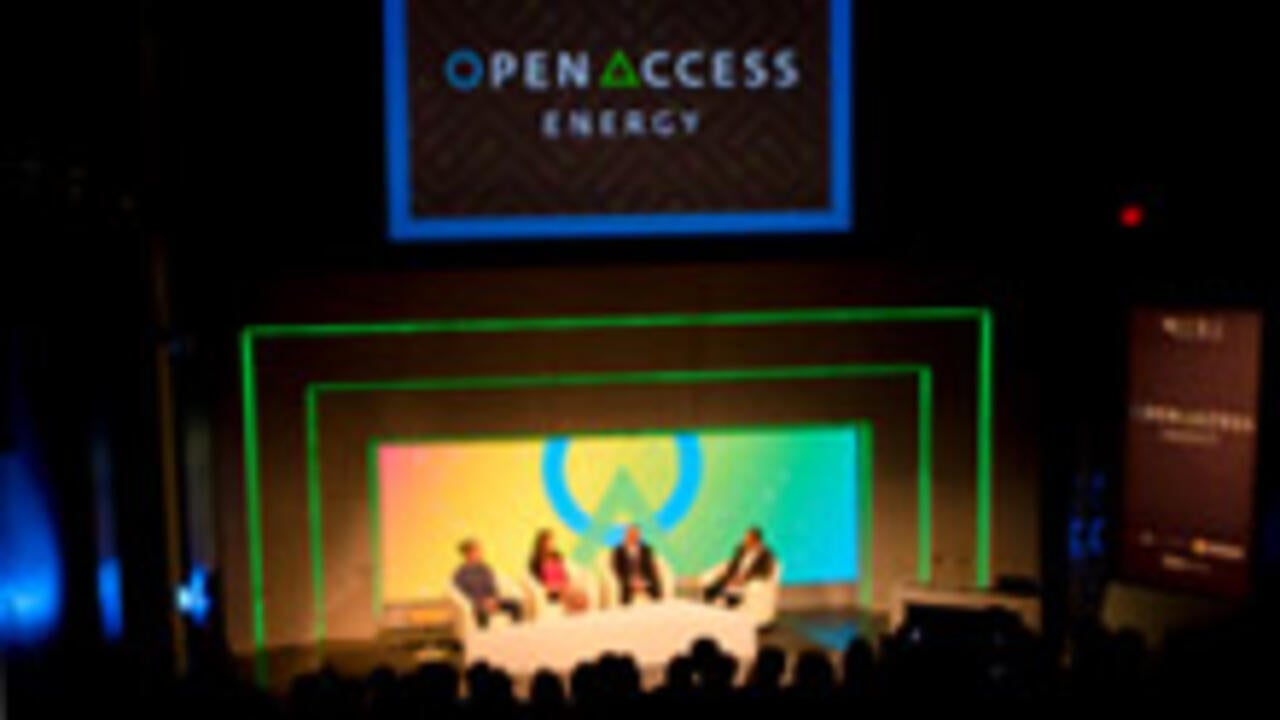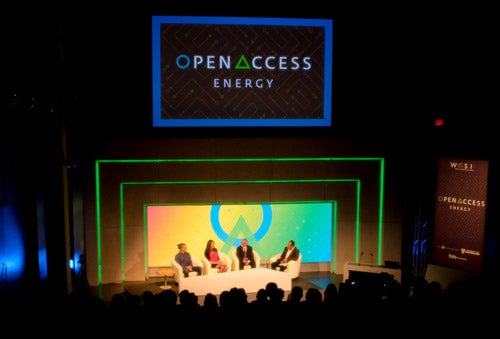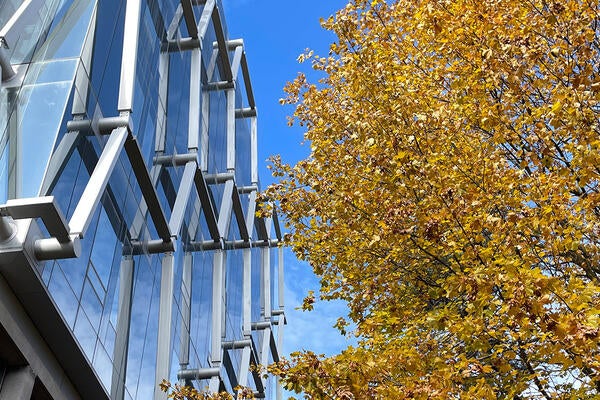
OpenAccess summit addresses energy inequity
Waterloo Global Science Initiative brings together top minds to tackle global challenges

Waterloo Global Science Initiative brings together top minds to tackle global challenges
By Staff University RelationsFor many, the power it takes to wash our clothes, charge a cell phone, illuminate our homes at night is an invisible privilege, the kind of thing that’s easy to take for granted.
But for millions of people around the world, reliable access to electricity for even the simplest tasks remains out of reach. Changing that isn’t easy, but it is possible.
“Energy poverty remains a barrier to economic well-being for such a large proportion of humanity that the rationale for action now is compelling,” says Jatin Nathwani, a professor of civil and environmental engineering at Waterloo and chief scientific advisor for the Waterloo Global Science Initiative (WGSI).
“The recognition of this issue has come full force to the highest level of discussion, almost at par with climate change. It brings into focus the most formidable scientific challenges of the century: How do we get to a clean energy future that is essentially non-carbon?”
Answers will begin to emerge this week at the OpenAccess Energy Summit in Waterloo.

Panel members during the opening session of Waterloo Global Science Initiative's OpenAccess Energy Summit. Photo credit: Michael Bennett/WGSI.
The summit is held every other year by WGSI — a partnership between the University of Waterloo and the Perimeter Institute for Theoretical Physics. It brings together a multidisciplinary, multigenerational and multinational group of about 40 people for four days of intensive working sessions.
Through shared experiences of the young leaders, established experts and senior advisors, summit contributors come up with a vision and list of key recommendations for change, based on an issues brief prepared in advance of the summit. In the months that follow the summit, that plan will be fleshed out with research, case studies and a roadmap to implementation. The resulting Energy Blueprint will be officially launched early in 2017, and immediately put into action. Blueprints launched based on the past two summits include Energy 2030 and Learning 2030.
This year’s OpenAccess Energy summit kicked off with PowerShift Waterloo Region, a week of public activities in the days leading up to Earth Day, including keynote addresses by Søren Hermanson — called a “hero of the environment by Time magazine — and William Kakwamba, co-founder of the Moving Windmills Project.
Watch for more on energy access research taking place at the University of Waterloo in the spring issue of Waterloo Magazine, available May 10.

Read more
Here are the people and events behind some of this year’s most compelling Waterloo stories

Read more
15 University of Waterloo researchers have been named to the annual Highly Cited Researchers™ list for significant contributions to their specific fields of research

Read more
Twenty-six researchers receive federal funding to drive discovery, innovation and research infrastructure development
The University of Waterloo acknowledges that much of our work takes place on the traditional territory of the Neutral, Anishinaabeg, and Haudenosaunee peoples. Our main campus is situated on the Haldimand Tract, the land granted to the Six Nations that includes six miles on each side of the Grand River. Our active work toward reconciliation takes place across our campuses through research, learning, teaching, and community building, and is co-ordinated within the Office of Indigenous Relations.